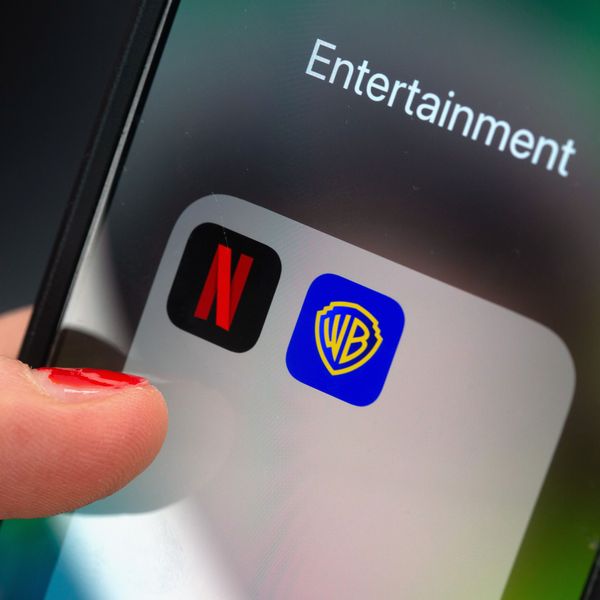When Ted Turner launched CNN on June l, 1980, he boasted it would be on the air until the world ended, playing "Nearer My God To Thee," as it was performed on the Titanic when it went down. He hoisted the UN flag over his Atlanta headquarters to express his global ambitions for a 24-hour news channel to unite one world under television.
Turner was derided; CNN dismissed as the "Chicken Noodle Network." Operational control soon turned over to news pros who followed conventional thinking and TV formulas. Their fidelity was to the market, not Turner's mission. They packaged a video version of all-news radio. Among themselves - and I was there - they admitted that more news is not better news; their job was to fill the vacuum.
Revolutionary in audacity but conservative in content, CNN branded itself as the place to go whenever you wanted to see news. Its signature was going "Live." Its baptism of glory came with the Persian Gulf War. As ratings rose, CNN's reputation rose with it. As cable penetration of households expanded, its influence grew.
Two decades on, CNN is a synergized component of that media planet, AOL TimeWarner, with multi-channels and websites. It spawned clones and competitors locally, nationally and internationally: Fox, MSNBC, CNBC, Bloomberg and foreign challengers such as BBC and CBC. Their sameness overshadows their differences.
They all look like news is supposed to look. There are anchors, sets, sound effects and graphics. Most of the serious programming consists of pundit-driven panels with "experts" out of central casting, picked for stereotyped stances and skills as putdown artists. They generate heat, not light.
Except in crises, most of what we see on cable is not news but info-tainment, stock-market reports, weather forecasts, happy-talk chatter, soft features, celebrity interviews and dueling advocates.
As writer Michael Kelly explained: "You have this great maw that has to be filled. It can't be filled with facts. There aren't enough facts. It can't be filled with wisdom, because there are not enough wise people around. And it can't be filled with cleverness, because cleverness is hard to come by. So it's filled with blatherers."
And high-speed car chases, burning yachts and other vehicles in distress.
Meanwhile, in the ratings, Fox seems to be beating CNN at its own game - to the further corruption of Turner's founding vision.
"CNN is reduced to the degradation of imitating its inferior - but much snazzier and jazzier - competition," critic Tom Shales wrote recently. "It has a more Fox-like look on the air, and that includes not only making its 'shows' more personality-dominated - Lou Dobbs doesn't merely have his name above the title of 'Moneyline,' his name is part of the title - but also making the promos much more aggressive, trashier and so excessively frequent as to be virtually inescapable."
This morning - virtually every morning - CNN's 6 a.m. hour closes with a topical joke from Jay Leno. Is it news? Do I have to ask?
We are witnessing a diminishing commitment to journalism on the cable news networks. The form is there but the substance is shrinking as diversity of sources narrows and journalists are bailing out or being cut back at the newspapers whose content often sets TV's news agenda.
On the air, there is a blur between who is even a journalist. Watch CNN and Fox as I do each morning, and you find the weatherpeople having more face-time than journalists - and they're not just commenting on barometric pressure.
Next problem, the hyperactive story-count: more news in less time. This headline hit parade is interrupted by "Breaking News" signaled with heart-pounding noise and flashy logos. To keep you on fast forward, there is that ticker of moving type.
So how do you retain any meaning? You don't.
We end up with a scrambled understanding of events, as the anchors distort news by over-dramatizing incidents and pumping out visual footage with little time for interpretation, context or background.
Correspondents who keep updating stories have little time to report them. They're forced to pretend to know more than they possibly can, while doing what the industry calls SLRs ("silly live remotes") - standing in front of buildings for hours on end.
Ted Turner promised more than he could deliver, as do all 24-hour cable-news-a-thons. Yes, there are some good programs and thoughtful journalists. But are they enough in a post-9/11 world when our survival depends on us all understanding so much more?


